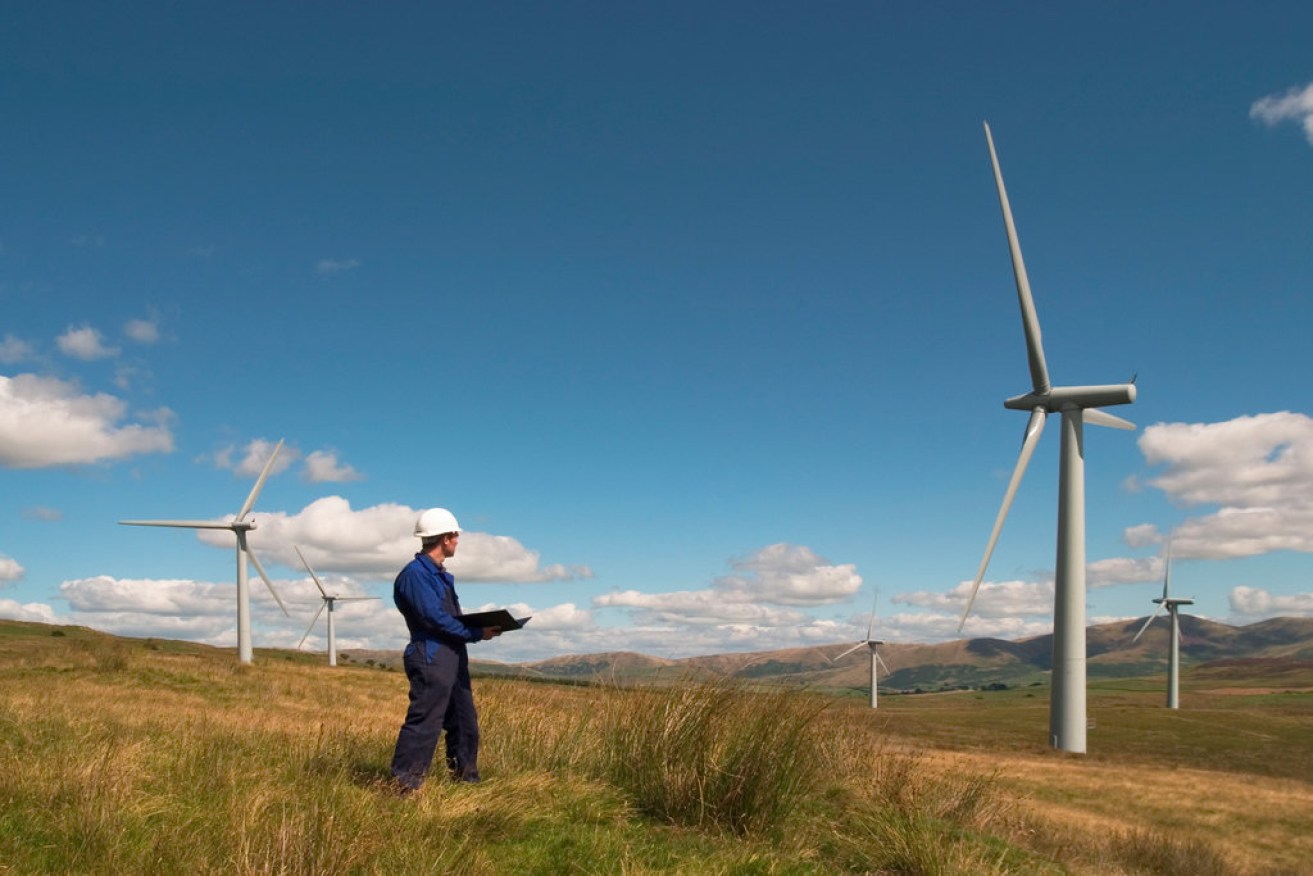SA climate deal cancelled in ‘mindless bureaucracy gone mad’
The federal government has cancelled South Australia’s agreement with a global climate alliance under foreign interference laws, in a move branded “incredibly petty”.

Image: Greenshoots Communications / Alamy
The Department of Foreign Affairs and Trade confirmed to InDaily that the South Australian government’s deal with the Under 2 Coalition was terminated under the Foreign Relations (States and Territories) Act 2020, along with those signed by other states and territories.
The South Australian government is a founding member and part of the steering committee of the Under 2 Coalition, in which members share knowledge to inform efforts to keep global temperature rises to well below 2C.
The South Australian government had failed to notify the federal government of the climate agreement, the Department of Foreign Affairs and Trade said, breaching laws designed to stop state and local governments from making deals that compromise national security.
“The Foreign Relations Act 2020 automatically invalidates arrangements if states or territories do not correctly notify the Commonwealth of them,” a spokesperson for the department said. “This is what happened in this instance. The states are welcome to reapply correctly, in line with the Act, as they do for many other arrangements.”
Other states and territories to have their agreements cancelled include Victoria, Queensland, the ACT, and the Northern Territory.
A spokesperson for South Australia’s Department for Environment and Water told InDaily that the state was advised on November 23 that its membership of the climate coalition was cancelled.
“South Australia will comply with the Australian Government’s requirement to seek approval to enter into the Under 2 Coalition Memorandum of Understanding in order to quickly resolve this technical matter,” the spokesperson said.
Victoria’s environment minister Lily D’Ambrosio slammed the decision, telling The Guardian her state’s deal had been cancelled on a “ridiculous technicality”.
“It’s egregious. They are vandals,” she said of the federal government’s role.
Conservation Council of South Australia chief executive Craig Wilkins told InDaily the use of laws passed to tackle national security risks to instead target collaborations on climate action appears a cynical move.
“It seems incredibly petty — either mindless bureaucracy gone mad, or a deliberate attempt to stop state and territory governments from acting on climate at a pace ahead of the federal government,” Wilkins said.
Wilkins added that agreements such as the Under 2 Coalition were a tool to share globally the lessons learned from South Australia’s world-leading effort on the transition to renewable energy, which he said countered the federal government’s push to expand the gas industry.
“This is not a fringe agreement, or some sort of frolic for lefties — this brings together 260 governments around the world representing half the global economy,” he said. “These forums are exactly what Australian governments should be participating in, and it is ridiculous to limit them.”
The foreign interference laws in question ostensibly sought to address concerns that some state government agreements with foreign powers could compromise national sovereignty, provoked by Victoria joining China’s Belt and Road infrastructure program.
The laws were roundly criticised when passed in 2020 for being far broader in scope, and granting the federal government oversight over state deals unrelated to national security.
Polly Hemming, an adviser in the Australia Institute’s Climate and Energy Program, told InDaily the use of the foreign interference laws in this context sent a message on climate policy.
“The government’s actions strike me as quite a deliberate use of bureaucracy to send a clear warning to states and territories on their international engagement on climate,” she said.
“South Australia engages significantly at an international level on climate, and this is where the Foreign Relations Act could interact with other partnerships or agreements South Australia has that are not seen to be ‘consistent with Australia’s foreign policy’.”
Hemming highlighted that the federal government’s stated target of a 26-28 per cent reduction on 2005 emissions levels by 2030 is significantly less ambitious than the South Australian goal of reducing emissions by more than 50 per cent by that date.
“[The federal] target represents more than three degrees of global warming, so any climate coalition aiming for a temperature rise below that could theoretically be seen to be inconsistent with Australia’s foreign policy.”
State government deals aren’t the only agreements that fall under the scope of the laws.
“The Foreign Relations Act covers states and territories, local governments, and universities,” Hemming said. “So, while South Australian businesses won’t be impacted, it’s possible that councils or higher education international partnerships or coalitions could be.”




